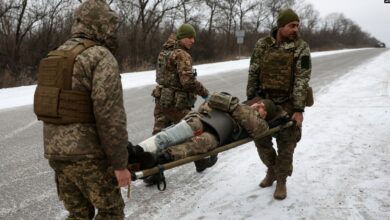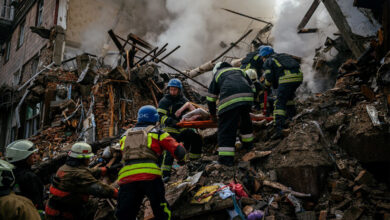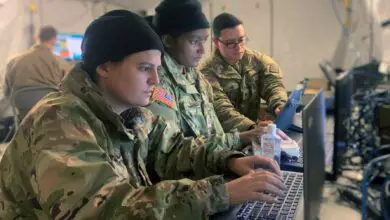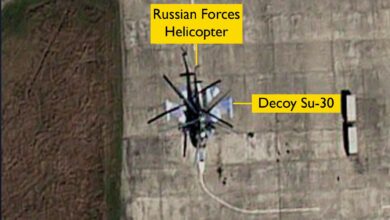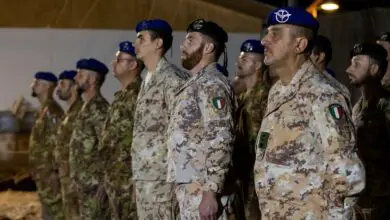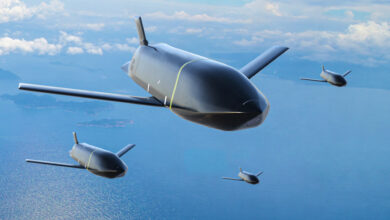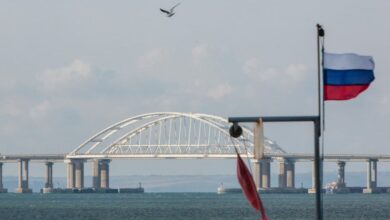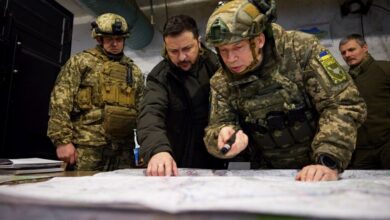
After Vladimir Putin signed a law revoking Russia’s ratification of a landmark agreement that outlawed the testing of nuclear weapons, the air is thick with uncertainty about America’s commitment.
Although the 1996 Comprehensive Nuclear Test Ban Treaty (CTBT) aimed to safeguard the environment, curb the nuclear arms race, and limit nuclear proliferation, there are increasing worries about the implications for US security.
In the event of a Russian nuclear test, the United States should judiciously conduct limited nuclear tests to maintain weapon reliability, showcase capabilities for deterrence, and signal readiness for defense.
Projecting Military Power
Russia seems to be edging closer to its first nuclear detonation since 1990. Putin has increased his nuclear saber-rattling every few months as his army faces challenges and loses prestige in Ukraine. Left with little else to deter its enemies, the Kremlin may test or threaten to test nuclear weapons as a show of force.
This would be designed to threaten Ukraine and NATO while reminding the Russian people that their nation is still a powerful one — despite setbacks in Ukraine.
And while Putin’s exit from the CTBT might be merely symbolic, the potential for a Russian nuclear test looms as a serious provocation worthy of an appropriate American response.

America and the CTBT
Understanding the US stance on the CTBT requires recognizing that, despite the nation’s signature, Congress never ratified the treaty. Confidence in the functionality of US nuclear weapons is grounded in computer simulations and the effectiveness of their designs.
However, voices are calling for America to resume the testing of nuclear weapons. America’s last nuclear test was in 1992, over three decades ago.
Nuclear warheads are now tested using advanced computer simulations. Although these simulations are highly technical, their complete accuracy remains uncertain. Glitches, coding inaccuracies, and unforeseen issues could result in inaccurate or false outcomes.
The degradation of components of nuclear warheads is unknown, with previous parts during the 1960s and 70s displaying tendencies to break when attempted to arm them.
Unforeseen errors not taken into account in design details or computer simulations may lead to the failure of a nuclear weapon to detonate on target. If nuclear weapons do not work, or appear to not work, then their value as a weapon of deterrence will be diminished.
Every other aspect of America’s military is tested or trained to show capabilities meant to deter or win conflicts. In today’s world, deterrence is preventing the war in Ukraine and disagreement over Taiwan from escalating. Failing to uphold this vital defense measure might invite adverse consequences for America’s security in the future.
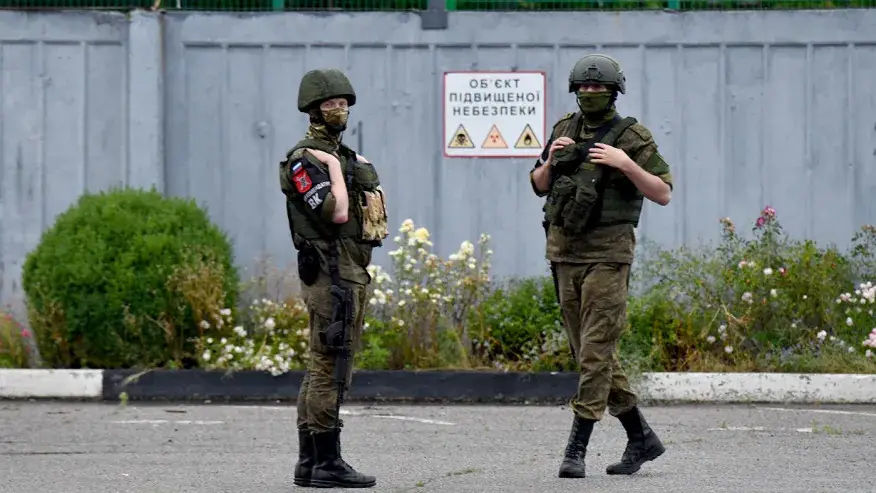
US Nuclear Weapons
To address this, the US should withdraw from the CTBT and resume nuclear testing if Russia does. Aging nuclear stockpiles must be tested occasionally to demonstrate deterrence.
While a series of tests isn’t necessary, conducting a few every decade should suffice to show the world that American nuclear weapons are functional and usable. Regular testing of intercontinental ballistic missiles and nuclear-capable bombers ensures their effectiveness, and the same should apply to the weapons they carry into combat.
Though leaving the CTBT and testing nuclear weapons may evoke Cold War memories, it reflects the current global reality.
Growing hostility from China and Russia necessitates reaffirming America’s global leadership. Nuclear testing can exert pressure on these nations to engage in sincere negotiations for stability and peace.
Uncertainty about the functionality of American nuclear weapons could have severe consequences for both the US and global security.
 Christopher Gettel is an 8-year US Army veteran who served with the National Guard and 82nd Airborne Division. He has been deployed to Iraq twice, including participation in the liberation of Mosul.
Christopher Gettel is an 8-year US Army veteran who served with the National Guard and 82nd Airborne Division. He has been deployed to Iraq twice, including participation in the liberation of Mosul.
Gettel recently finished a graduate certificate in Nuclear Deterrence from Harvard University’s Extension School and is now pursuing a master’s degree in International Security at George Mason University with the goal of completing a Ph.D. afterward.
Disclaimer: The views and opinions expressed here are those of the author and do not necessarily reflect the editorial position of The Defense Post.
The Defense Post aims to publish a wide range of high-quality opinion and analysis from a diverse array of people – do you want to send us yours? Click here to submit an op-ed.


